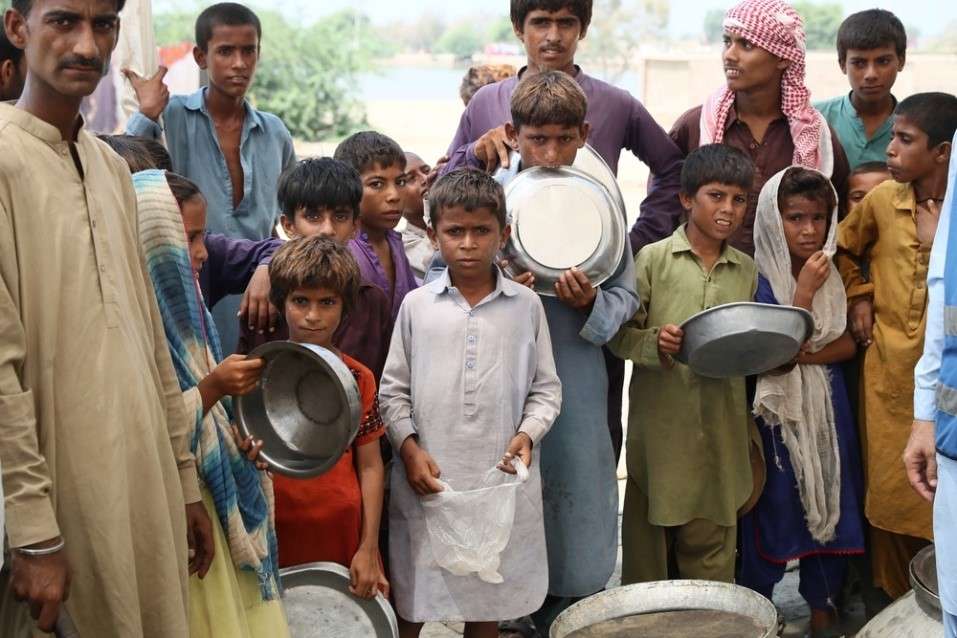The donations you make with the intention of Sadaqah give the most vulnerable of our society – orphans and widows – purpose and reason to live. The Sadaqah contributions we receive go towards supporting thousands of families with monthly food supplies and providing thousands of our orphans with a sponsor. Your generosity in giving Sadaqah has enabled us to help and support even more people.
Sadaqah is the term used to describe an act of kindness that is given to someone without the expectation of anything in return. It can be as simple as sharing a smile with a stranger or offering answers to someone seeking information. Or provide longer-term support such as donating to a homeless person you pass on the street or giving time to a friend or family member that needs support.
The Prophet (ﷺ) stated “Let not any of you belittle or look down upon a good deed, even if it be that you smile in the face of your brother.” (Muslim)
Sadaqah is any act of kindness given without the expectation of anything in return; Sadaqah Jariyah is a long-term kindness, a gesture that continues to give after you have gone. This often includes funding the construction of a water well or water plant, planting resourceful trees such as fruits and olives or supporting the construction of a school or medical centre.
Sadaqah is a non-compulsory gesture that is made with pure intentions and can be made at any time of the year, regardless of special holidays or seasons. This applies to both Sadaqah and Sadaqah Jariyah. The important part of making a contribution is to give from the heart with no expectation for anything in return.
Charity is a core part of Islam and Sadaqah supports this by encouraging others to give for the sake of giving, whether it’s volunteering your time or offering monetary donations. The act of charity is proven to improve happiness in both the giver and the receiver and those that give Sadaqah are guaranteed to receive a reward in the Hereafter. Giving to charity and supporting the poor are mentioned several times in the Holy Qur’an and the benefits reaped from engaging in Sadaqah are the same.
‘The likeness of (the ones) who expend their riches in the way of Allah is as the likeness of a grain that grows seven ears, in every ear a hundred grains. And Allah gives manifold to whomever He decides; and Allah is Ever-Embracing, Ever-Knowing.’ [Al-Baqarah – 261]
With every act of kindness we make, Allah’s mercy on us grows and by partaking in Sadaqah, we can ensure reward in the Hereafter.





